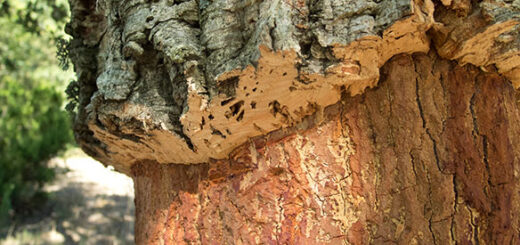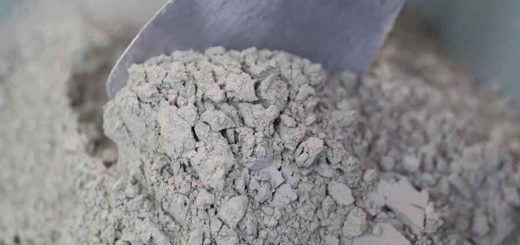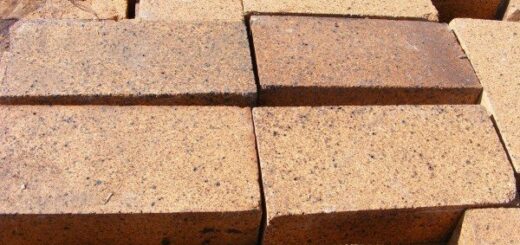What is Bitumen: Key Properties and Applications
Bitumen is a versatile and widely used material in various industries, known for its unique properties and applications. In this article, we will delve into the world of bitumen, understanding its composition, characteristics, and the diverse range of industries where it finds application.
What is Bitumen
Bitumen, also referred to as asphalt or tar, is a sticky, black, and highly viscous liquid or semi-solid. It is a naturally occurring material that produced during the crude oil refining process. Bitumen is primarily composed of hydrocarbons and possesses excellent adhesive and waterproofing properties.
There are three main components of Bitumen.
- Saturates: Stable solid hydrocarbons in bitumen
- Aromatics: Provides its unique odor
Some of the important physical properties of the Bitumen are as follows.
- High viscosity
- Low penetrability
- Thermoplasticity
- Black Color
- Distinct odor
- Sticky to touch
- Elastic at higher temperatures
- Harder and more brittle in cold conditions
Chemical Properties of Bitumen
Bitumen is primarily composed of complex hydrocarbon chains. It is insoluble in water but soluble in many organic solvents. Bitumen is resistant to acids, alkalis, and many types of chemicals, making it highly durable and suitable for various applications.
Types of Bitumen
There are different types of bitumen that are categorized based on their viscosity and temperature susceptibility. Some of the most common types are as follows.
- Paving Grade Bitumen: This type of bitumen is commonly used in the road construction and asphalt pavements. Paving bitumen are designed to resists the varying temperature conditions and different traffic loads without changing its properties adversely.
- Oxidized Bitumen: Bitumen is produced by blowing air through hot bitumen, which increases its viscosity and enhances its durability. Oxidized bitumen is used for roofing, waterproofing, pipe coating, and electrical cable joint protection.
- Cutback Bitumen: Cutback bitumen is a mixture of bitumen and a solvent, such as kerosene or diesel. Additional of the solvent assist to reduce the viscosity of bitumen while making it easier to handle and apply. Cutback bitumen commonly used for road maintenance, prime coating, and spraying on surfaces that need a quick-drying bituminous layer.
- Emulsified Bitumen: Emulsified bitumen is a mixture of bitumen and water along with an emulsifying agent. Formation of stable suspension of bitumen droplets in water, allowing it to be applied at lower temperatures and providing better adhesion to damp surfaces. Emulsified bitumen is widely used for tack coats, surface treatments, and soil stabilization.
- Polymer-Modified Bitumen: Polymer modified bitumen is produced by blending bitumen with polymer additives and it improves performance properties such as elasticity, durability, and resistance to deformation. It is used for high-stress applications such as heavy traffic areas, airport runways, and areas prone to extreme temperature variations.
- Natural Bitumen: It is also known as natural asphalt or tar; this type of bitumen is found in naturally occurring deposits. Natural bitumen is very old construction material that is being used for various purposes, including waterproofing, adhesives, and medicinal applications.
Some of the Common Uses of Bitumen
- Bitumen in Road Construction
The main purpose of production and use of the bitumen is the road construction. It is the most commonly used road surfacing material. It can form a durable and flexible surface for roads, highways, and runways. Bitumen helps in providing resistance against heavy traffic loads, even for adverse weather conditions, and wear and tear.
- Bitumen in Roofing
Bitumen is widely used as the waterproofing roof in the building construction. Mostly in the roof terraces and sloping roofs, water infiltration into the concrete is avoided by the bitumen acting as waterproofing membrane. Further, its excellent resistance to UV radiation allows it to last for longer years.
- Bitumen in Waterproofing
Due to its excellent properties such as water resistance, UV resistance, higher elongations, etc. it is widely used in the waterproofing application in construction of underground and superstructures. Bitumen waterproofing when completed ats as continuous membrane not allowing the water infiltration. It is used mostly in construction of basements, tunnels, bridges, and other structures exposed to moisture.
- Bitumen in Adhesives and Sealants
Adhesive properties of the bitumen have enabled us to produce various adhesive and sealants. As a bonding material, in applications such as tiles, flooring, and membranes, providing a strong and long-lasting connection are common in building construction. Bitumen-based sealants are used to seal cracks and filling gaps in expansion joints and seminar nature applications.
- Bitumen in Paints and Coatings
Bitumen is used in the production of paints and coatings that provides protection against corrosion and weathering. Coating steel structures, pipes, and tanks, safeguarding them from rust and deterioration due to the exposure of the external environment can be avoided using bitumen-based coatings and they offer excellent durability and resistance to extreme temperatures.
Bitumen is a very useful material that plays a vital role in various industries. Its properties, such as high viscosity, water resistance, and adhesive characteristics, make it using road construction and roofing to waterproofing and coatings. It can further be developed as sustainable construction material.




